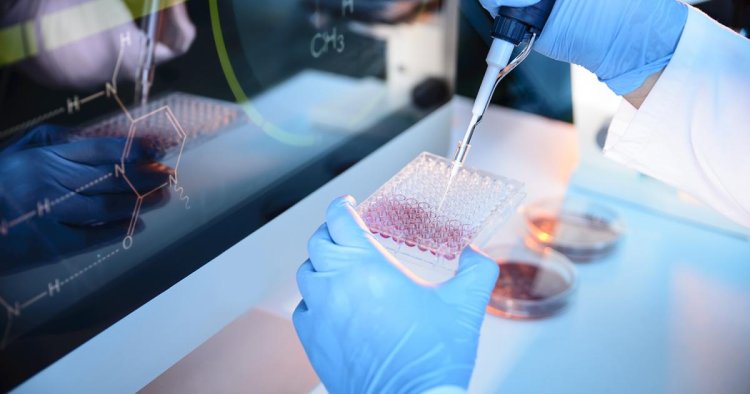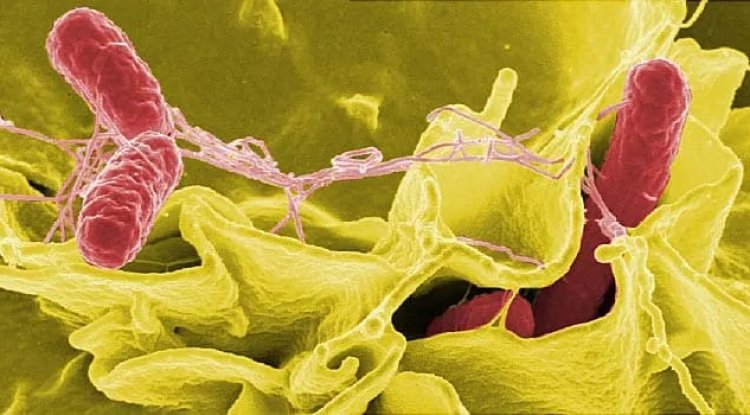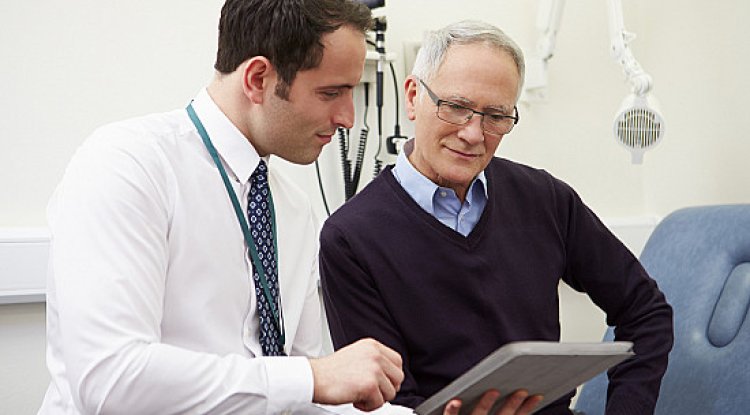3 Latin American innovations in cancer treatment and prevention
Like every February 4, the International Union Against Cancer (UICC) announced its motto for this World Cancer Day 2023: "the power of knowledge ." This year the entity seeks to recognize and vindicate the importance of knowledge, information, and knowledge in such important and everyday struggles, such as cancer prevention.

Like every February 4, the International Union Against Cancer (UICC) announced its motto for this World Cancer Day 2023: "the power of knowledge ." This year the entity seeks to recognize and vindicate the importance of knowledge, information, and knowledge in such important and everyday struggles, such as cancer prevention.
Knowledge will always win over fear.
In the Latin American and Caribbean region, progress in initiatives that seek to fight cancer has been immense, evidenced mainly in the reduction of delays in both diagnosis and treatment. The main focus of these initiatives is on increasing equitable access to care.
LATAM leader in innovation in immunotherapy
In Argentina, the progress is notable. Doctor Norberto Zwirner, biochemist and Laboratory leader at the Institute of Biology and Experimental Medicine (IBYME) of Buenos Aires found an antibody that improves the patient's immune response to tumors.
This discovery could become a new way to increase the effectiveness of immunotherapy (which helps the immune system fight cancer) and improve patient survival rates.
Among the most common cancer treatments, along with immunotherapy, are chemotherapy, radiation, drugs, and surgery. However, the difference is that immunotherapy does not usually work in all patients or all types of cancer.
It is for this reason that the discovery based on cellular expression in tumors, which emerged as a collaborative initiative between professionals from Argentina, Uruguay, and Brazil, represents an enormous milestone in the early treatment and early diagnosis of cancer.
Using technology to find a cure
The use of new technologies, such as artificial intelligence, robotics, and computer science that use hardware, software, algorithms, and data collection, has been key in the development of more personalized and personalized cancer treatments. effective.
A specific case has been the work of Argentine oncologists Gastón Soria and Vanesa Gottifredi, focused on certain breast cancer tumors, detecting the possibility of attacking the mutations of the BRCA1 and BRCA2 genes, identifying that the types of cancer that have more than a mutation are usually more sensitive to drugs than normal cancer cells.
Although this is a research process that has just begun, it is the foundation for a much more efficient cancer treatment.
Another modern approach in cancer research arises from the Pasteur Institute of Uruguay, where immunologist Eduardo Osinaga tests parasite molecules in cancer. In particular, those of Chagas disease, whose molecules were shown in a preliminary study to be capable of promoting a very strong immune response, destroying cancer cells in cases of lung, breast, and colon cancer.
Timeline toward a possible vaccine
The latest thing that is being worked on worldwide, but which surely has research applications in Latin America, is the creation of a potential cure through a vaccine. This works in a similar way to the COVID vaccines that release mRNA in small bubbles of lipids (fat molecules) that eventually fuse with the body's cells, allowing them to "read" the mRNA and produce viral antigens, small fragments of the viruses that activate the immune system.
The cancer vaccine also releases mRNA in small bubbles, but the mRNA encodes antigens found on cancer cells, and the bubbles can concentrate in the lymphatic system, where immune cells are 'trained' so that a significantly more powerful response.
There is still a lot of research to be carried out, but it is clear that the North, both in Latin America and in the world, is to use everything we have achieved at an academic, practical, and collective level in favor of improving health and quality of life.
Latin America is positioned as a leader in prevention and treatment.
The Cancer Treatment and Research Center (CTIC) was inaugurated in Colombia, a modern and innovative project for the comprehensive treatment and research of cancer in Latin America.
The Luis Carlos Sarmiento Angulo Cancer Treatment and Research Center, CTIC, is the largest in Latin America. 46 offices, 56 chemotherapy infusion chairs, 9 operating rooms, 11 rooms for diagnostic imaging with advanced technology, and 12 units focused on the chest, breast, gastrointestinal and neuroendocrine areas; urology oncology, gynecology oncology, melanoma and other skin, sarcoma and soft tissues, leukemia, lymphoma, and myeloma; transplant and cell therapy; pediatric oncology, head and neck, and neuro-oncology.
Rafael Sánchez París, corporate director of the CTIC, explains that the urgency of a place for cancer treatment and research in Colombia—with all the innovations that this center offers—was high because this disease is one of the diseases that most affect the population. Colombian population.
“By 2024, according to research I have read, people over 60 will be more prone to cancer. “Right now two or three out of five people will be diagnosed with a type of cancer at some point in their lives.”
Prevention and risk reduction
According to the Honorary Commission to Fight Cancer, more than a third of cancers are preventable. Each of us can reduce the risk of suffering from some type of cancer and transmit this knowledge to promote the demystification of cancer.
What's Your Reaction?



















